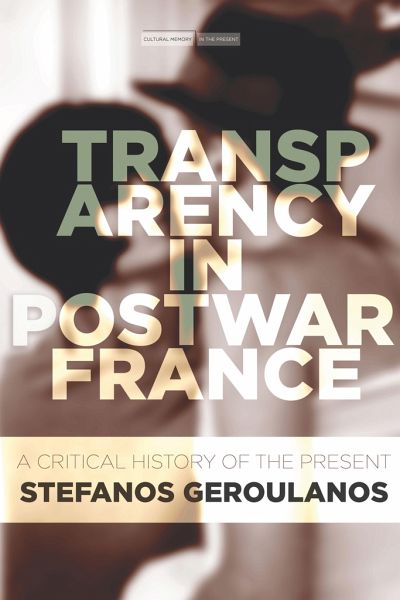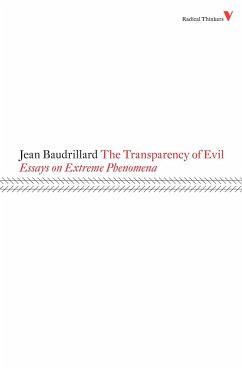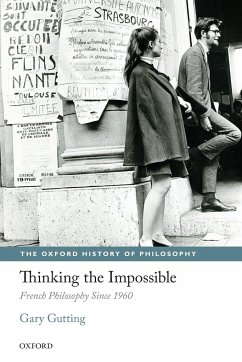
Transparency in Postwar France
A Critical History of the Present

PAYBACK Punkte
16 °P sammeln!
This book argues against the widely celebrated utopia of "transparency" by showing, across a panorama of postwar French thought, how attempts to show the perils of transparency in politics, ethics, and knowledge led to major conceptual inventions, many of which we now take for granted.












